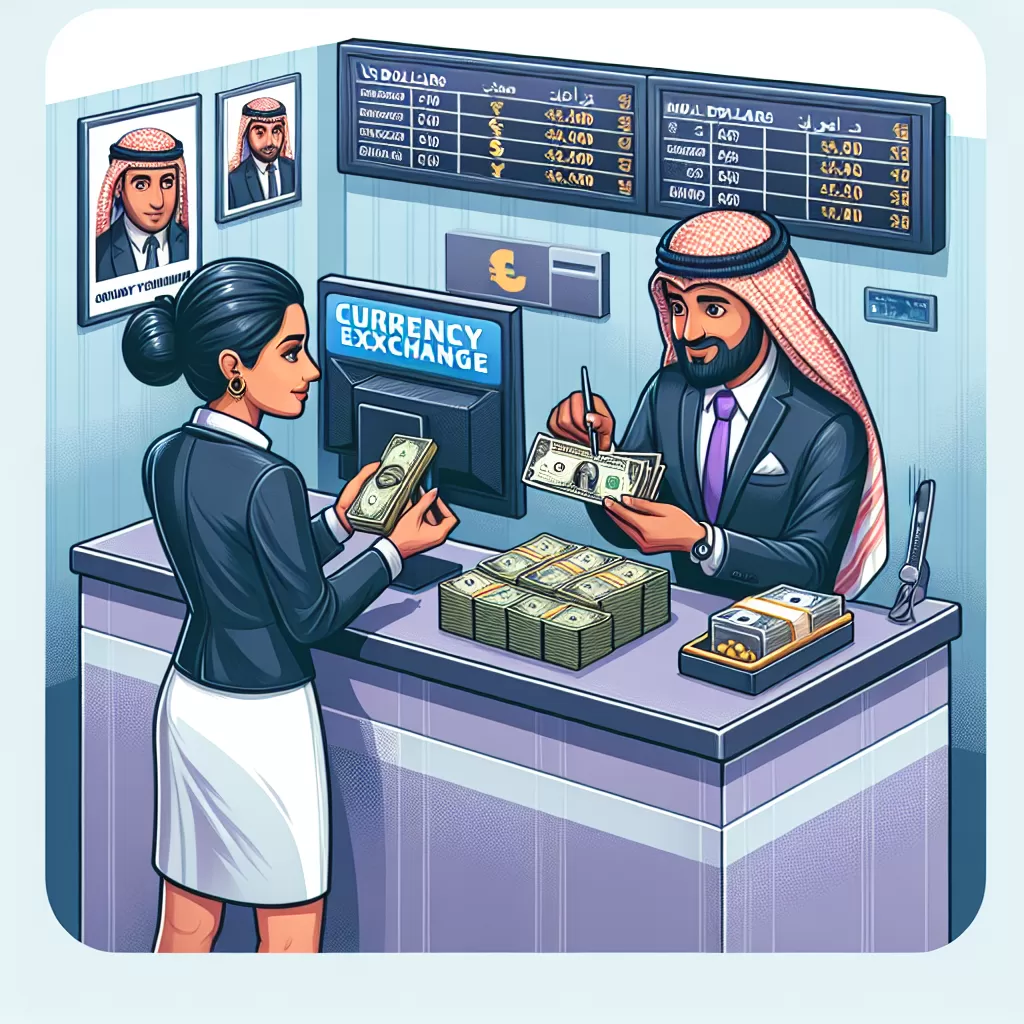What Does Currency Exchange Mean
Follow Currency Mart April 10, 2024
Where to purchase Foreign Currencies?

Introduction to Currency Exchange
Currency exchange is a crucial part of the global financial system. This is the process by which one country's currency is converted into another's. This process aids international trade and investments by facilitating transactions where different currencies are involved. From the corner of a bustling market in Toronto to online platforms, currency exchange determines the value of a transaction across borders.The Realm of Currency Exchange
In the realm of currency exchange, numbers dance and values morph daily. The foreign exchange market, known as Forex, is a global decentralized market for the trading of currencies. This includes all aspects of buying, selling, and exchanging currencies at current or determined prices. In this ecosystem, the value of a currency is not fixed. Instead, it fluctuates in relation to other currencies, reflecting changes in economic factors like inflation, interest rates, and geopolitical events. As such, one day you might be able to get $1.25 Canadian for each US dollar, the next day only $1.20.International Currency Exchange — A Necessity
In the global economy, businesses deal with other countries and clients internationally, thus, dealing with multiple currencies. For consumers, when they travel abroad, they will need the local currency to pay for accommodation, food, and souvenirs. Banks and exchange bureaus provide this service, often charging a commission. The exchange rate they offer customers of is influenced by the interbank rate, a wholesale rate at which banks trade with each other.The Intricacies of Exchange Rates
Foreign exchange rates are dependent on a multitude of factors. Rates can be influenced by countries' economic stability, inflation rates, and interest rates, or even by political stability and performance. For instance, a rise in interest rates in Canada would offer lenders a better return relative to other countries. Hence, it could lead to an appreciation of the Canadian dollar as foreign investors may decide to invest in Canada, thereby increasing the demand for the Canadian dollar.Minimizing Currency Exchange Fees
Exchange rates can be a significant source of expense for anyone exchanging currency. Financial institutions usually charge currency exchange fees, which can sometimes be hefty. However, with understanding and planning, these costs can be minimized. Consider using online platforms that offer competitive rates. You could also try to exchange money in advance when rates are favorable. Another strategy is to maintain a multi-currency bank account, which allows you to hold different currencies and exchange between them when the rates are attractive.The Role of Currency Exchange in Wealth and Portfolio Management
Currency exchange does not only facilitate international transactions but also offers an exciting avenue for investment. For instance, Forex traders attempt to earn income through speculating the future direction of currency values. As with any investment, however, it is essential to understand the inherent risks involved. Currency volatility can lead to significant profit, but just as easily, substantial loss. This is why many investors opt for hedging currency risks, especially in times of high market volatility.Wrapping Up
Whether for business, travel, or investment, understanding currency exchange means understanding the global economy. As the guardian of currency exchange, my purpose is to equip you with this understanding and reduce the chances of your funds getting lost in translation in the dance of the currencies. After all, every penny counts - in any currency.
Where to purchase Foreign Currencies?